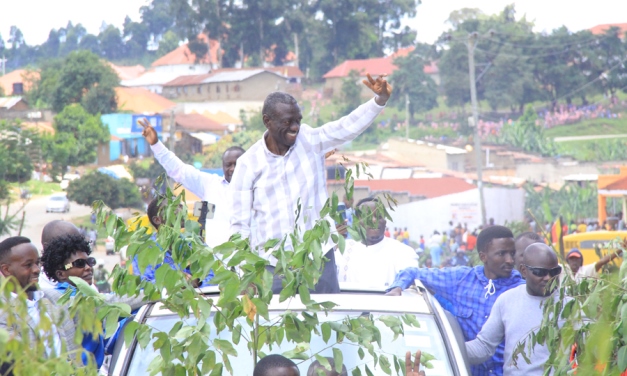Uganda’s political arena has undergone a remarkable transformation in recent years, as the once-prominent politics of defiance have steadily diminished in influence.
The defiance movement, which gained momentum in the 1990s as a response to the country’s authoritarian rule, was characterized by its unwavering opposition to the ruling National Resistance Movement (NRM) and its demands for democratic reforms. However, the current landscape tells a different story.
The opposition, once a formidable force, has been plagued by internal divisions, fragmentation, and a lack of clear leadership. The 2021 general elections witnessed a significant decline in voter turnout, with many opposition supporters choosing to abstain from the polls altogether.
Meanwhile, the NRM, led by President Yoweri Museveni, has consolidated its power, leaving the opposition struggling to maintain its relevance.
The decline of the politics of defiance has also been accompanied by the weakening of civil society organizations, which were once a crucial component of the movement.
Many of these organizations have faced funding cuts, and their leaders have been co-opted or intimidated into silence, diminishing their ability to effectively challenge the ruling party.
Public support for the politics of defiance has also waned over time. Weary of the constant political tensions and violence, many Ugandans have become disillusioned with the opposition and its tactics.
The NRM has skillfully exploited this discontent, portraying itself as the only party capable of ensuring stability and security.
The decline of the politics of defiance has also been exacerbated by the disengagement of international partners, who were once vocal supporters of the movement.
The European Union and the United States, once key funders of civil society organizations, have scaled back their support, citing concerns about corruption and governance.
The fading fortunes of the politics of defiance in Uganda are a significant development, and one that raises concerns about the future of the country’s political landscape.
As the opposition struggles to maintain its relevance, and the NRM tightens its grip on power, it remains to be seen whether the politics of defiance can regain its momentum and present a credible challenge to the ruling party.
The path forward may require a shift towards a more accommodating and inclusive political approach, one that can address the concerns of the Ugandan people and restore faith in the democratic process.


